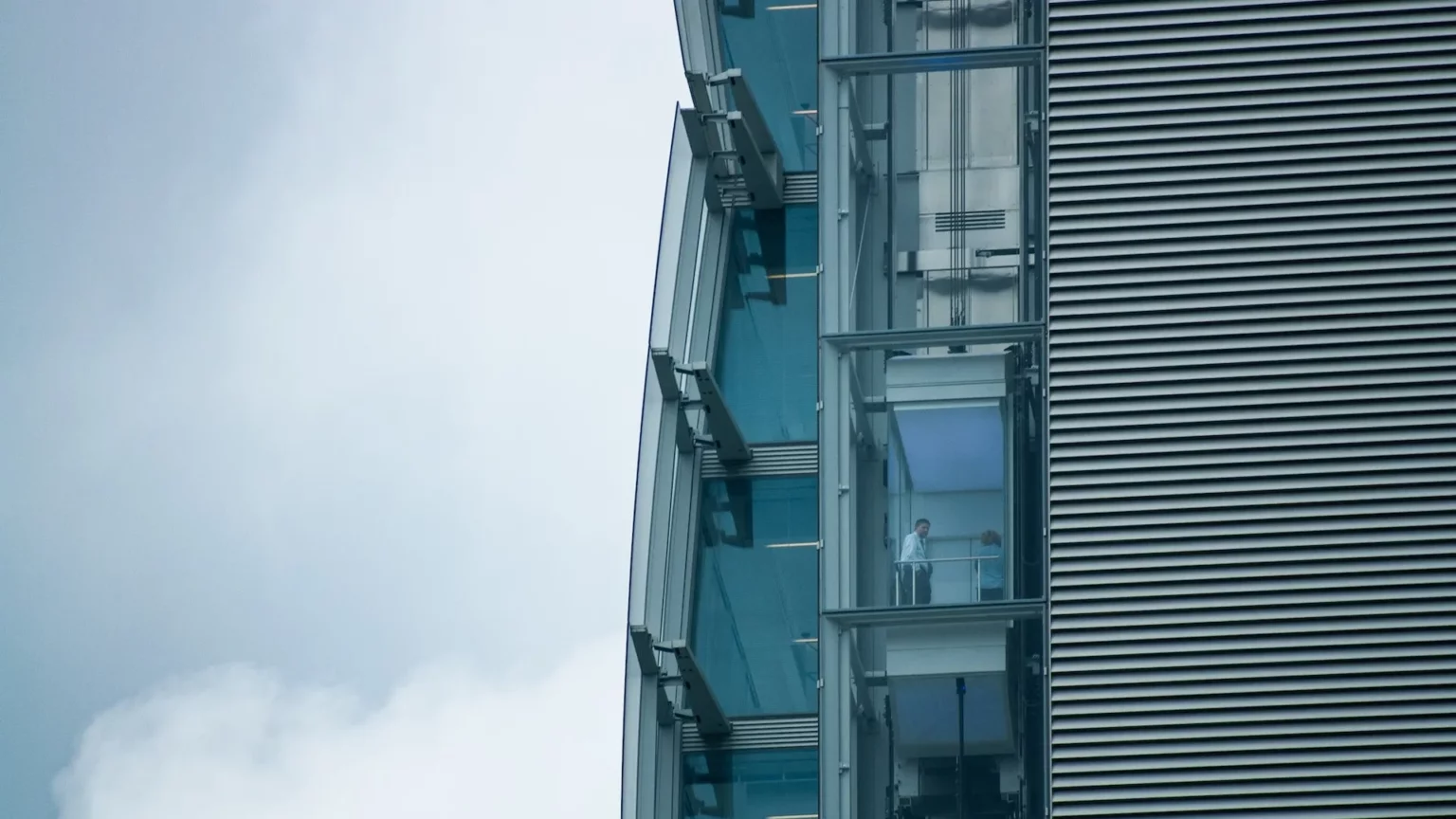How To Bring a New Jersey Elevator Accident Claim

Personal injury lawsuits involving an elevator accident can be complex. The outcome of the case will depend on whether negligence was involved and how much damage was caused by the accident. It is important to contact an experienced personal injury attorney as soon as possible after being injured in an elevator accident.
An attorney can help you determine who is liable for your injuries, how much compensation you should receive, and how to go about obtaining a successful settlement or verdict from the responsible parties.
Your lawyer will investigate all aspects of the incident, including inspecting the elevator itself, interviewing witnesses, and reviewing any video surveillance that may have recorded the event. They will also review building codes and safety regulations applicable to elevators in your area to ensure that all standards were met at the time of the accident. This evidence can help support your case and increase the chances of receiving a more favorable outcome.
It is important to remember that all personal injury cases have time limits, so it is best to start the process as soon as possible. An experienced lawyer will help you understand your legal rights and options and fight for a fair compensation package on your behalf. If you or someone you know has been injured in an elevator accident, contact an attorney today to discuss your potential claim.
Can I File a Lawsuit If I Was Injured in An Elevator Accident?
When it comes to elevator accidents, the first step for victims is to determine whether they should pursue a legal claim. Generally speaking, if you were injured in an elevator accident in New Jersey, you may be entitled to compensation for your injuries. However, certain factors must be taken into consideration before filing a lawsuit.
First, it must be established that someone was negligent and therefore responsible for the accident. This can include the owner of the building or property where the incident took place, as well as any other parties involved in maintaining or operating the elevator. For example, if the maintenance company failed to properly inspect and maintain the equipment regularly and this negligence contributed to an accident occurring, then they would likely be held liable.
Additionally, the victim of a New Jersey elevator accident must demonstrate that their injuries are directly related to the incident in question. This requires providing evidence of the accident and how it caused your injury. It is important to note that the burden of proof lies with you; if you cannot show that someone else was responsible for your injuries, then any claims made against them will not be successful.
Finally, victims must make sure to file any legal claims within the allotted time frame or statute of limitations set by New Jersey law. Failing to do so may mean that any potential claims are rendered void or dismissed altogether.
Ultimately, anyone who has been injured in an elevator accident should seek out competent legal counsel as soon as possible. An experienced attorney can help you evaluate your case, gather evidence to support your claim and ensure that all applicable deadlines are met.
With the right legal counsel on your side, you may be able to receive compensation for your injuries and emotional trauma caused by an elevator accident in New Jersey.
Who Can Be Held Responsible for A New Jersey Elevator Accident?
When it comes to a New Jersey elevator accident, there can be many parties who may bear liability for the incident. The liable parties depend on the facts of the case and depend on which party’s negligence caused the injury. Here are some of the common types of parties that may be held liable for an elevator accident in New Jersey:
- Property owners: Property owners must maintain their premises in a safe condition and must exercise reasonable care concerning any hazardous conditions present. This includes ensuring elevators are properly maintained, inspected and always operated safely. If they fail to take these steps, they can be considered negligent and found liable for any resulting harm or injuries.
- Elevator installers and/or manufacturers: If the elevator was improperly installed, or if the design of the elevator is inherently unsafe, then an installer or manufacturer may be held liable. A defective product claim can be brought against any entity that sold a dangerous product, as well as those responsible for designing and installing it.
- Maintenance companies: Elevators must be properly maintained to ensure they are safe to use. If an inspection company fails to properly maintain an elevator, they could face liability should any injuries arise due to their negligence.
- Employers: The employer of anyone injured in an elevator accident may also bear some responsibility for failing to provide a safe working environment. This includes providing proper training and safety protocols for employees who are required to use the elevator.
If you have been injured in a New Jersey elevator accident, it is important to speak with an experienced personal injury lawyer as soon as possible. An attorney can help identify all parties that may be liable for your injuries and ensure that you receive maximum compensation for your losses.
What Damages Can I Collect?
The damages a New Jersey victim of an elevator accident injury could collect in their case are broken down into two different categories: economic and non-economic.
Economic damages refer to those which carry a specific monetary value, such as medical bills and lost wages due to being unable to work or attend school following the accident. This type of compensation is designed to cover the costs associated with physical, emotional, and psychological recovery from the incident. In addition to these expenses, victims may also be eligible for reimbursement for any damage done to their property as a result of the elevator incident.
Non-economic damages compensate victims for losses that cannot be measured financially, such as pain and suffering caused by their injuries. These damages can include disabilities or disfigurements, which can significantly impact a person’s quality of life.
In New Jersey, pain and suffering damages are determined by calculating the victim’s medical expenses and lost wages and then multiplying that figure by a certain number based on factors such as the severity of their injuries. In cases where a death has occurred due to an elevator accident, families may be able to collect punitive damages in addition to economic and non-economic compensation.
It is important to note that each case involving an elevator accident injury will be unique and should be assessed individually. If you or someone you know has been injured in an elevator incident, it is highly recommended to speak with a qualified attorney who can review your situation and provide insight into possible areas for potential compensation.
A lawyer can also ensure that all legal deadlines are met and that any compensation is made promptly. With the right representation, victims of elevator accidents in New Jersey may be able to receive the justice they deserve.
Common Elevator Accident Injuries
Elevator accidents in New Jersey can lead to a wide range of injuries, ranging from minor scrapes and bruises to more serious fractures and head trauma. Victims of these accidents may suffer the following types of physical injury:
Sprains and strains: Elevator accident victims may sustain sprains and strains if they are thrown around or hit by objects that have fallen inside the elevator. In these cases, sufferers may experience swelling, pain, muscle spasm, and reduced flexibility.
Fractures: Broken bones can occur as a result of falling onto hard surfaces when an elevator suddenly drops or stops abruptly. Oftentimes, fractures will require surgery such as pins or plates to repair them back together.
Head injuries: If an elevator suddenly drops, the victim may suffer a head injury as a result of hitting their head on the floor, walls, or other passengers’ bodies. Common types of head trauma include concussions, contusions, and skull fractures. Symptoms can range from dizziness to blackout and even coma in extreme cases.
Soft tissue injuries: Injuries such as bruising and lacerations can occur if sharp metal edges are present inside the elevator, or if objects fall onto the victim. These kinds of injuries may require medical attention to prevent infections and ensure proper healing.
In addition to physical injuries, victims may experience emotional harm following an elevator accident. Traumatic experiences such as this can cause psychological trauma, ranging from depression and anxiety to post-traumatic stress disorder (PTSD).
If you have been injured in an elevator accident in New Jersey, it is important to seek medical help immediately. Early diagnosis and treatment can help ensure the best possible outcome. Additionally, if another party’s negligence caused or contributed to your injuries, please contact an experienced attorney who can help you pursue compensation for your losses.
It is always important to be aware of the dangers of using elevators, especially in New Jersey where such accidents are unfortunately quite common. Make sure you are familiar with signs of malfunctioning lifts and take all necessary safety precautions when traveling on one. With this knowledge, you can reduce the chances of being involved in an elevator accident.
Common Causes of Elevator Accidents
One of the most common causes of elevator accidents in New Jersey is mechanical malfunction. This can include things like jammed doors or sensors, faulty wiring, and worn-out pulleys or cables. In some cases, improper maintenance or installation may also contribute to the risk of an accident.
Elevator misoperation is another major cause of accidents in the state. This could be due to the operator not following standard safety protocols, such as failing to check for obstructions before starting the lift or exceeding maximum capacity limits. It could also be due to people entering a stopped elevator without waiting for it to come completely to a stop first, which can lead to serious injuries if someone trips and falls down the shaft.
The final common cause of elevator accidents in New Jersey is human error. For example, if a passenger gets stuck between the doors and tries to force them open rather than waiting for help, they can be put at serious risk of being trapped or crushed. Another potential issue is people pressing the wrong buttons while inside the lift, which could lead to confusion and misdirection when trying to get out of the building.
All these causes are important to consider when evaluating an elevator accident scene to determine what went wrong and who should be held accountable for any resulting injuries or damages. Taking proper precautions and regularly maintaining your elevators can help reduce your chances of having an incident occur at your facility.
Ultimately, the best way to ensure safe elevator operation in New Jersey is to make sure only qualified professionals inspect and maintain your elevators. This can help reduce the risk of mechanical malfunctions or misoperation and protect passengers from potential injuries.
Furthermore, all operators must be aware of safety protocols such as maximum capacity limits, checking for obstructions before starting the lift, and ensuring that doors stay open until everyone has exited safely. Taking these steps can help prevent many accidents from occurring and keep everybody safe when using an elevator in New Jersey.
What Role Can a New Jersey Personal Injury Attorney Play in My Case?
A New Jersey Personal Injury Attorney can play an important role in an elevator accident case by providing essential legal advice and representation for victims. They will be able to examine the evidence, review previous cases in similar circumstances, identify potential avenues of relief, and provide guidance on how to proceed with the case. The lawyer may also represent victims in court proceedings or negotiations.
When it comes to filing a claim after an elevator accident, a personal injury attorney can help evaluate damages sustained and negotiate with insurance companies to ensure fair compensation is received for any medical bills, pain, and suffering experienced due to the incident as well as lost wages due to time missed from work while recovering. Additionally, they can also investigate what caused the accident and who was responsible, providing proof that the negligence of another party was what caused the incident.
To determine if a personal injury attorney is right for an elevator accident case, it is important to consider their experience with similar cases and record of success. Their knowledge in this area can make all the difference when it comes to getting a favorable outcome. New Jersey Personal Injury Attorneys are dedicated to protecting victims’ rights and ensuring they receive just compensation for their suffering. With their help, victims can effectively pursue justice after an elevator accident.
The assistance of a New Jersey Personal Injury Attorney can be invaluable to those who have suffered an elevator accident. They will provide the necessary advice, guidance, and legal representation to ensure that victims are taken care of and receive the compensation they deserve. It is important to remember that each case is unique and should be handled on a case-by-case basis. With the right attorney, victims will have a much better chance of obtaining justice after an elevator accident.
Related Blogs
No Fee Unless
GGL Wins
We've got you covered.
We are available 24/7/365
One of our advisers will contact you.

OFFICIAL PARTNER OF RUTGERS ATHLETICS



Recent GGL Wins
Auto Accident
Mediation award Plaintiff was injured in an intersection motor vehicle collision resulting in neck and lower back fusion surgeries.
$2 Million
Verdict
Workers' Compensation
25-year-old laborer died in an industrial accident while working.
$1.15 Million
Verdict
Construction Accident
Roofer fell off roof causing head trauma resulting in a head injury. Plaintiff was not given fall restraint protection equipment by contractor.







